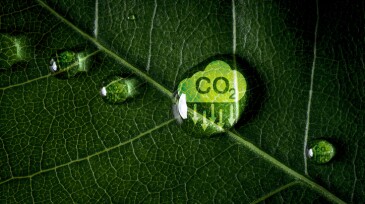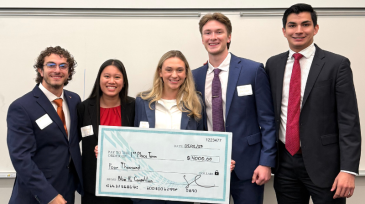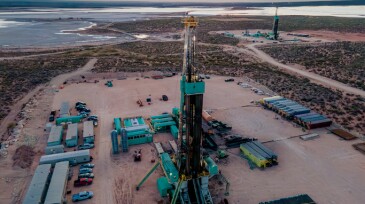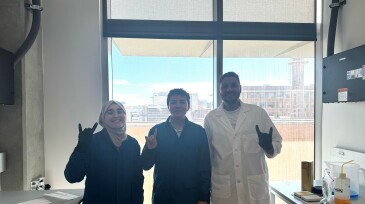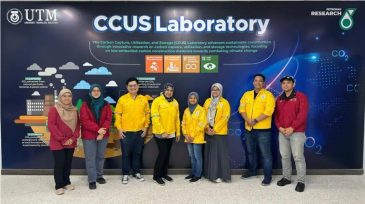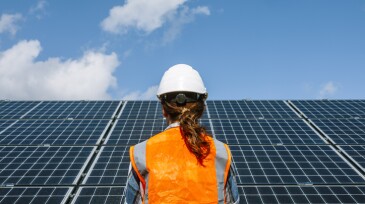HSE & Sustainability
EZOps will integrate its Mobile Oilfield Management platform into the college’s energy technology program, giving students hands-on experience with digital tools used in modern oilfield operations.
Researchers are studying how excessive groundwater extraction is causing global and regional aquifer depletion and land subsidence.
Cleopatra Folakemi St. Michael, SPE, shares how her internship experience gave her the confidence to connect theory with practice, to think critically, and to understand that innovation often begins with simple observations.
-
The curriculum covers topics such as geochemical and technological removal methods, life cycle assessments, and storage solutions.
-
Effective management of produced water in mature oil fields is essential to reducing environmental risks and operational costs, with subsurface disposal emerging as the most efficient and responsible method.
-
A team from UT Austin won the Blue Hydrogen Student Design Competition, where more than 200 students from three Texas universities designed sustainable hydrogen production processes.
-
The upcoming webinar will explore how oil and gas technologies are being repurposed for geothermal and renewable energy applications.
-
With water management poised to be the defining challenge of the next decade for the Permian Basin, companies that fail to adapt may find their production growth throttled not by a lack of oil, but by an excess of water.
-
UT Austin students Nadia Mouedden and Deena Elhossary taught CO2 injection and storage to students using simple household materials during the International Day of Women and Girls in Science.
-
The trips will tour THUMS Island, SoCalGas, and the Salton Sea geothermal fields.
-
The facility serves as a center for students, researchers, and industry experts to collaborate on innovative solutions for reducing carbon emissions in the construction sector.
-
Researchers found that utilizing the natural heat from underground rock formations raises the temperature and pressure of the stored compressed air, allowing the system to store and release energy more efficiently.
-
The company launched an initiative with an all-women team managing the morning shift at its 100-MW Veltoor solar plant in Telangana, India.




